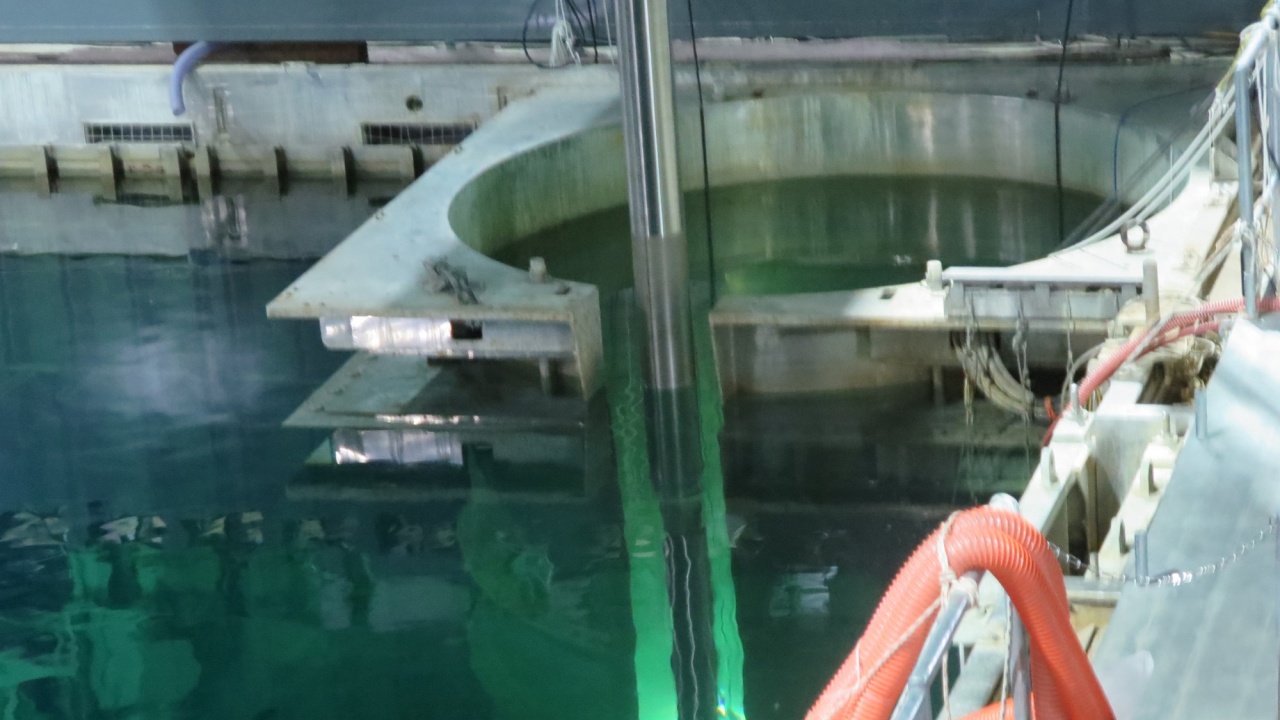January 1, 2022
16:20
–
Germany has decommissioned three of its last six nuclear power plants, moving closer to its goal of ending dependence on nuclear energy and switching to renewable energy sources, Reuters reported, quoted by BTA.
The government has decided to speed up the phasing out of nuclear power following the Fukushima accident in Japan in 2011, when an earthquake and tsunami destroyed a coastal power plant in the world’s worst nuclear disaster since Chernobyl in 1986.
The reactors at Brockdorf, Gronde and Gundremingen, operated by E.ON and Er Ve E, were shut down late last night after three and a half decades of operation. The last three reactors – Isar 2, Emsland and Nekarvestheim 2, will be shut down at the end of 2022.
PreisenElectra, which operates the Brockdorf and Gronde reactors, said in a statement today that the two reactors had been decommissioned shortly before midnight local time yesterday. ERW said the Gundremingen reactor had also stopped generating electricity last night. Geisen Knott, CEO of PreisenElectra, thanked employees for their commitment to safety: “We have made a decisive contribution to secure, climate-friendly and reliable energy supply in Germany for decades.”
The phasing out of nuclear energy, which some people consider clean and cheap, is an irreversible step for Europe’s largest economy, given its ambitious climate goals and rising energy prices.
The six nuclear reactors in 2021 produced about 12 percent of Germany’s electricity, according to preliminary data. The share of renewable energy sources is almost 41 percent, followed by coal with just under 28 percent and natural gas with about 15 percent.
Germany plans to produce 80 percent of its electricity from renewable energy sources by 2030.


